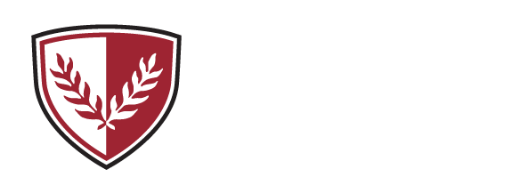Overview
The Therapeutic Recreation Online Graduate Certificate Program is a graduate-level program comprised of seven 3-credit-hour courses including:
- one general recreation theory/philosophy course
- six therapeutic recreation content courses structured around the requirements of national certification.
This flexible program allows you to take all seven courses to earn the certificate or be considered for a full master's degree program. Or just take a course or two to fulfill continuing education requirements.
Therapeutic Recreation Certification
This program is designed to meet the therapeutic recreation academic requirements that you will need to sit for the national exam with the National Council for Therapeutic Recreation Certification via the Equivalency Path.
It does not provide support courses or practical experience (mentored practice for one year or five years of experience in the field). These requirements are often met through related undergraduate degrees, community college courses, other online courses at SUNY Cortland such as developmental psychology or your own work experience.
Learning outcomes for the certificate program
You will be able to demonstrate:
- Entry-level knowledge of the nature and scope of the therapeutic recreation profession and its associated service delivery systems as well as the foundations of the therapeutic recreation profession in history, theory, science and philosophy.
- The ability to assess, plan, implement, document and evaluate therapeutic recreation services that facilitate targeted outcomes and that embrace personal and cultural dimensions of diversity.
- Entry-level knowledge about management/administration of therapeutic recreation services.
Graduate Catalog Information
Learn more about the Loading...



